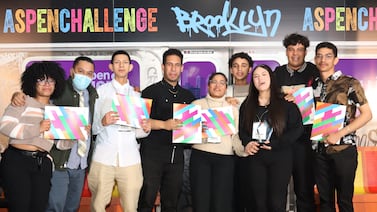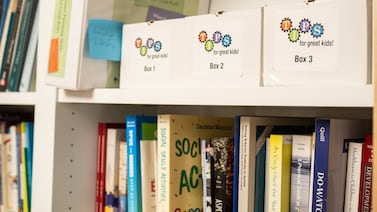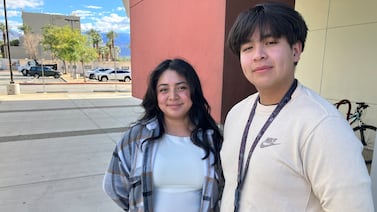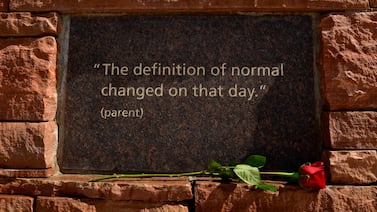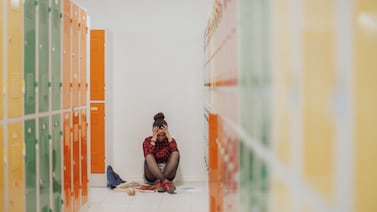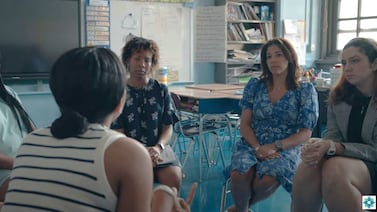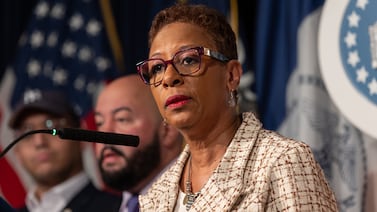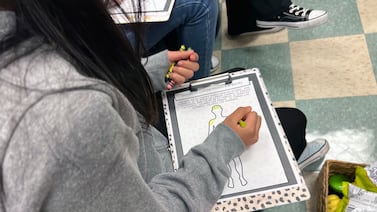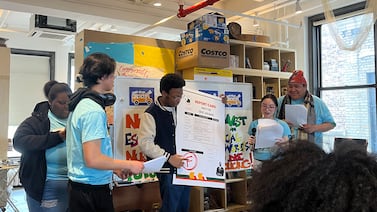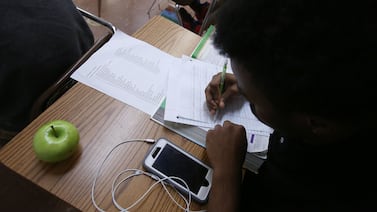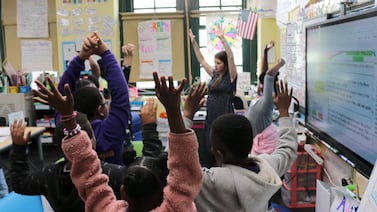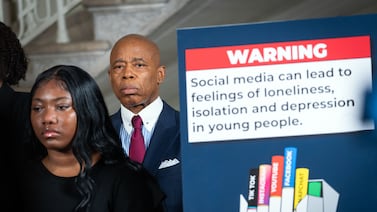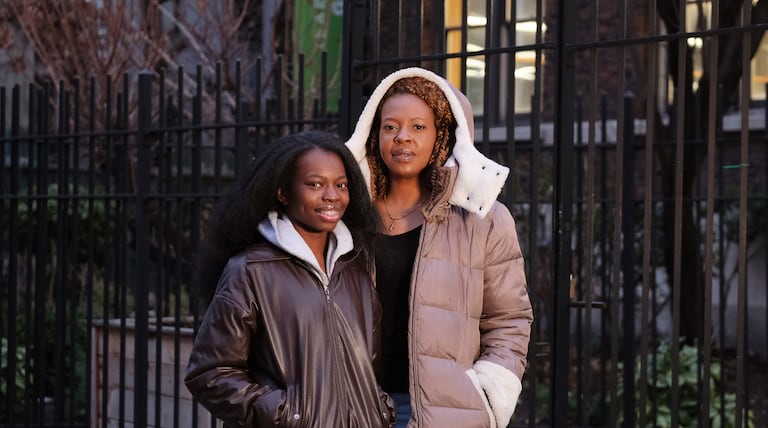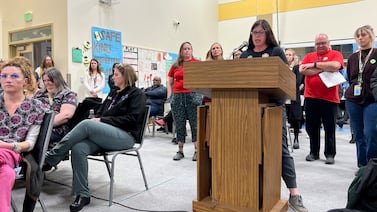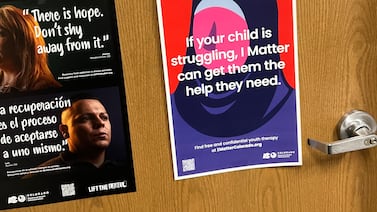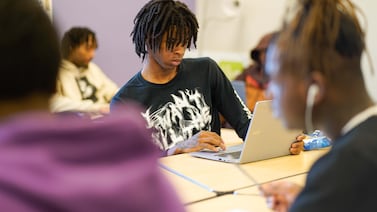Mental Health in Schools
The program will train young adults ages 18 to 24 to act “as navigators serving middle and high school students,” according to state officials.
Students presented their ideas for dealing with the teen mental health crisis, bias toward immigrants, and rats at a youth version of the famous Aspen Ideas Festival.
A collaboration backed by the Yale Child Study Center has expanded a longstanding model that relies on clinicians and lawyers to provide what amounts to a legal prescription for issues like stress and anxiety.
The rollout of California's teletherapy apps has been slow and social workers worry some youths who need clinical care won’t get referrals.
Heather Martin cofounded a nonprofit to support survivors of mass tragedy.
Charter networks, both inside and outside the state, are tracking the legislation.
Nearly two-thirds of American teenagers use TikTok regularly. We want to hear students’ opinions about efforts to ban TikTok.
This New York City school counselor uses art therapy, breathing exercises, and details from her trips to Ecuador to bond with newcomer students at her Queens elementary school.
Peer-to-peer support models have gained traction at schools both locally and nationwide.
Migrant students and other newcomers sometimes struggle after an initial honeymoon period. A program known as STRONG gives educators tools to help students before those struggles turn into mental health crises.
The “Dignity in Schools” called for the city to put millions toward restorative justice and mental health programs, while diverting money away from school policing.
At Chalkbeat New York, we’re hoping to dive deeper on how schools are handling cell phones. We want to learn more about the policies schools are adopting.
Advocates celebrated Wednesday’s news, but warned it does nothing to reverse the massive cuts already coming from previous reductions, along with expiring federal aid.
Calling social media a ‘24/7 digital dystopia,’ Adams joins hundreds of districts and cities across the country seeking compensation and changes.
“How fair is it to identify a concern but then not have the resources to address the concern?” one social worker asked the school board.
Nearly 11,000 Colorado children and teens have used I Matter since its inception.
An analysis from the University of Chicago Crime Lab found 1 in 5 of more than 2,000 youth contacted participated.
With another battle expected over vouchers, see what legislative leaders and advocates are saying.
A few minutes after texting “Denver” to 741741, teens can be connected to a trained volunteer.


